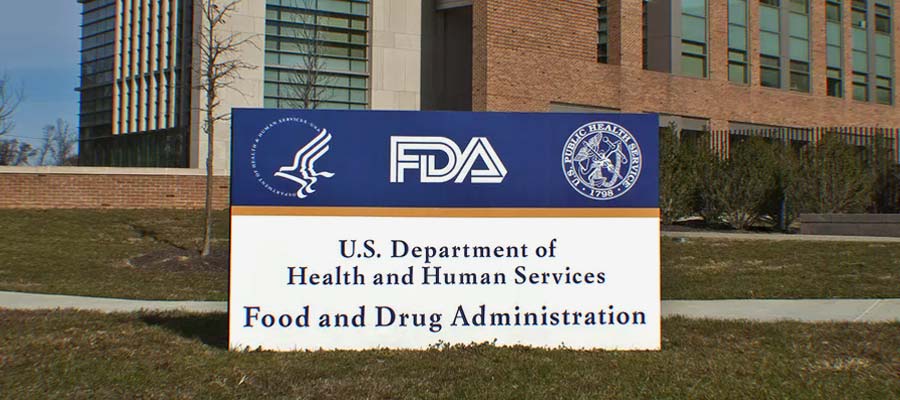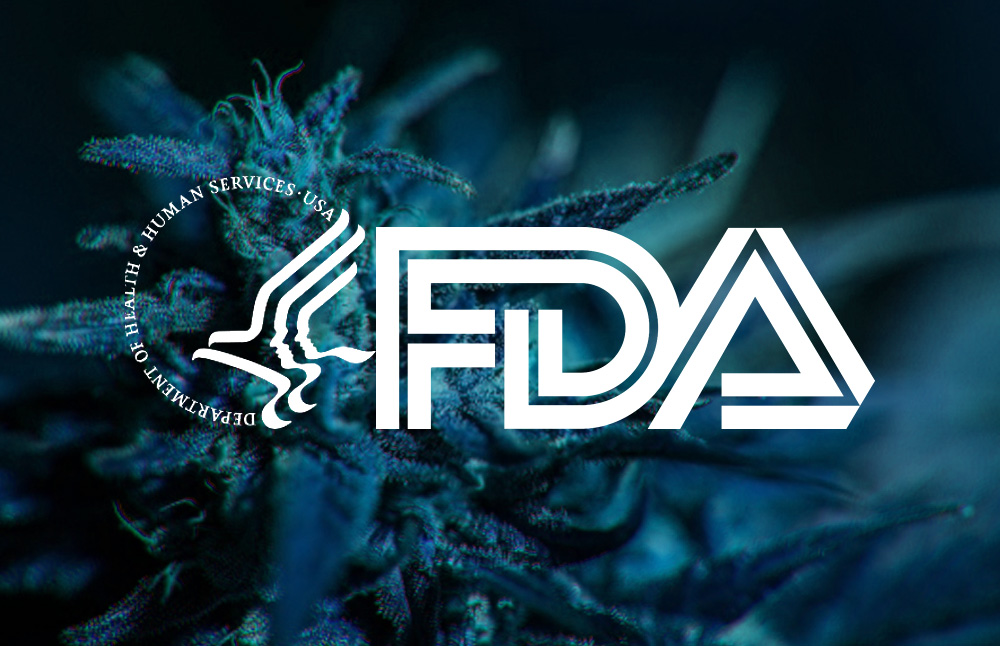The United States Food and Drug Administration just gave a big boost to cannabis research. The FDA released draft guidance explaining how cannabis companies can develop cannabis drugs – and receive FDA approval for those drugs.
FDA Principal Deputy Commissioner Amy Abernethy, M.D., Ph.D, claims multiple stakeholders have expressed interest in developing cannabis-based drugs. Because of this growing interest, the FDA is working to support drug development in the cannabis space.
“A range of stakeholders have expressed interest in development of drugs that contain cannabis and compounds found in cannabis,” said Abernethy in her July 21 statement.
“Recent legislative changes have also opened new opportunities for cannabis clinical research. As that body of research progresses and grows, the FDA is working to support drug development in this area.”
With these goals in mind, the FDA has issued draft guidance for cannabis research, including quality considerations and other information for those conducting cannabis research.
Abernethy added that the FDA will “do what we can” to support the development of new cannabis-based drugs. The FDA believes the current drug approval process is the best way to create safe and effective new medicines for patients.
“It is critical that the FDA continues to do what we can to support the science needed to develop new drugs from cannabis. The FDA believes the drug approval process represents the best way to ensure that safe and effective new medicines, including any drugs that contain cannabis or cannabis-derived compounds, are available to patients in need of appropriate medical therapy.”
To date, critics have attacked the FDA and other organizations for discouraging cannabis-related research. United States federal drug policy makes it difficult for universities to research Schedule I substances, for example, stifling formal research towards cannabis-based drugs.

FDA Releases Draft Guidance for Cannabis Research
On July 21, the FDA issued draft guidance for the cannabis industry entitled, “Cannabis and Cannabis-Derived Compounds: Quality Considerations for Clinical Research, Draft Guidance for Industry”.
You can view the full draft guidance here. It describes the FDA’s current approach to clinical cannabis research, including how manufacturers can develop new cannabis-based drugs.
The draft guidance explains things like:
- How to obtain cannabis for clinical research
- Quality considerations and recommendations for THC levels in medical cannabis
- Guidelines for cannabis oil and other types of cannabis products
- How to calculate weights for oral dosages
- Online resources for cannabis-related clinical trials
- Key FDA regulatory concepts for stakeholders who are unfamiliar with the FDA and its requirements
Overall, the draft guidance walks cannabis companies through the development of FDA-approved, cannabis-based drugs.
Using the draft guidance, cannabis drug developers can learn how to obtain approval, how to get research-grade cannabis, and everything else they need to know about developing cannabis-based drugs approved by the FDA.
The FDA developed its draft based on a 2019 public hearing. That hearing involved industry representatives complaining about inaccurate or misleading labels for CBD products, including the potential for contamination.
To date, the FDA has only approved one cannabis-based drug: Epidiolex, which uses a synthetic form of CBD to fight a rare type of seizure.
Moving forward, the FDA could rapidly approve more cannabis drugs that meet its requirements. The FDA can approve drugs that have a proven ability to treat or prevent illness. If a cannabis company can prove their product significantly reduces the risk of a disease, then the FDA could approve it quickly.
For now, the draft guidance makes it significantly easier for cannabis companies to develop new, FDA-approved cannabis products.
The FDA will accept comments on these rules for 60 days before writing a final version.


